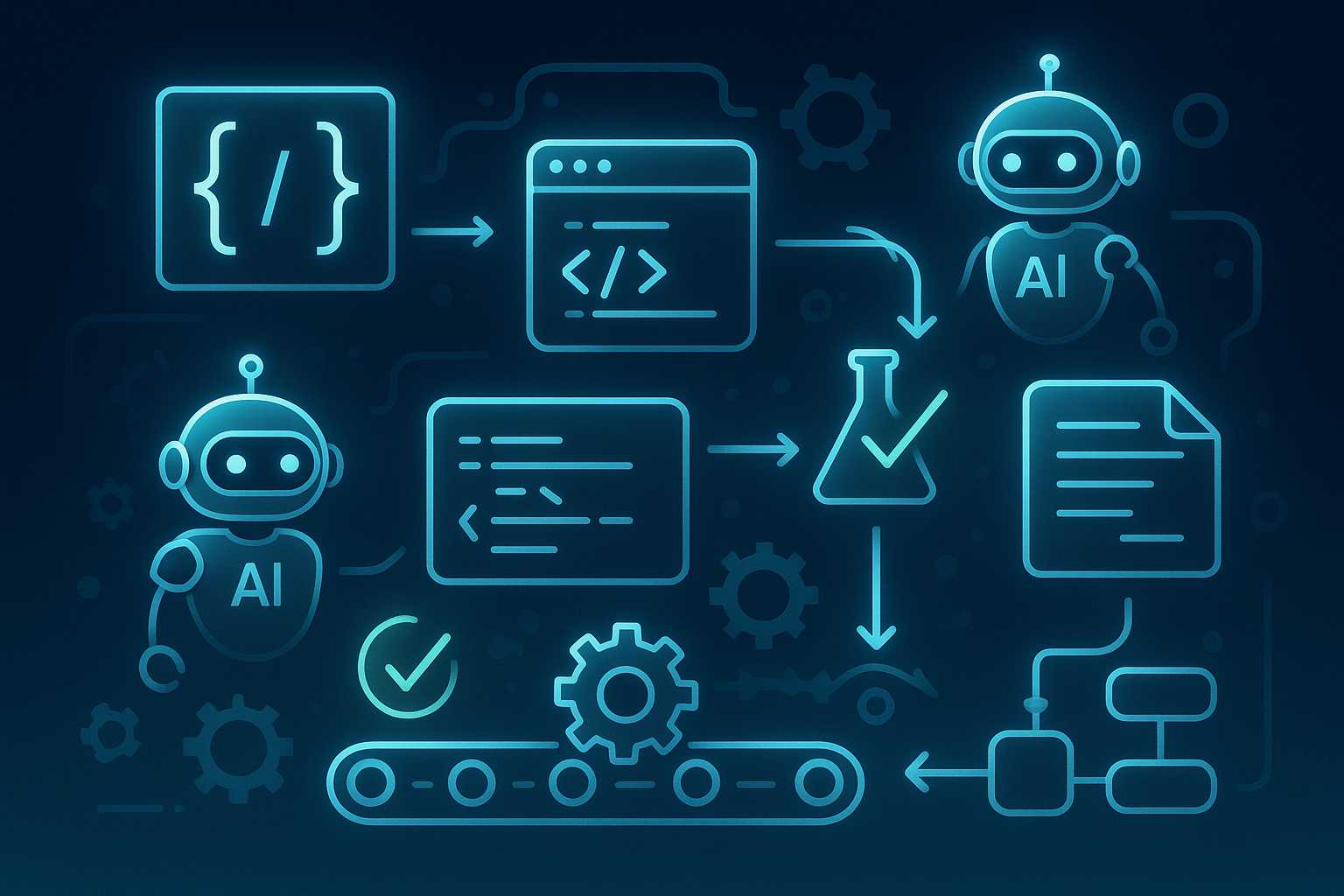Introduction
With the rise of AI coding agents like Claude Code and OpenAI Codex CLI, developers are no longer limited to traditional tools for writing, reviewing, and testing code. One of the most promising frontiers is the integration of these agents directly into continuous integration (CI) pipelines. This article explores the benefits, challenges, and practical steps for leveraging AI coding agents to automate and enhance CI workflows.
The Role of AI Coding Agents in CI
Modern CI pipelines automate processes such as building, testing, and deploying code. However, they still rely heavily on custom scripts and manual oversight. AI coding agents offer dynamic intelligence—able to review PRs, suggest tests, generate documentation, and even fix bugs autonomously.
Automated Code Review
Imagine every commit receiving not just a static lint check, but detailed feedback from an AI agent tuned to your team’s coding standards. Agents can:
- Identify logic errors
- Flag security vulnerabilities
- Suggest refactors
Intelligent Test Generation
AI agents can analyze changes and write targeted unit and integration tests, greatly increasing test coverage and reliability without manual effort.
Continuous Documentation
Outdated documentation is a persistent problem. Agents can auto-update README files, API docs, and inline comments as your code evolves.
Bringing Agents into Your CI Pipeline: A Practical Example
Let’s look at how you can integrate an AI coding agent into a GitHub Actions-based CI pipeline:
- Set Up the Agent’s CLI: Install and authenticate your chosen AI agent for CLI access in your CI environment.
- Create a Review Workflow: Add a workflow step that triggers the agent to review pull requests and post comments or suggestions back to the PR using the GitHub API.
- Automate Test Suggestions: Configure another step to run the agent on changed files, generating new or updated test cases and opening PRs with these additions.
- Documentation Upkeep: Schedule the agent to scan for undocumented code changes and propose doc updates as needed.
Challenges and Considerations
- Security: Secure secrets and limit permissions for AI agents in CI environments.
- Accuracy: While impressive, agents may make mistakes—always include a human in the review loop.
- Costs: Consider API usage fees, especially for frequent automated runs.
Conclusion
Integrating AI coding agents into CI pipelines brings unprecedented automation and insight into the software development process. With thoughtful implementation, they can radically boost code quality, accelerate releases, and reduce the grind of manual reviews and documentation. As these tools evolve, expect to see even deeper integration and smarter automation in every stage of the DevOps lifecycle.
Interested in a deep dive? Future articles will showcase detailed workflows and real-world case studies on AI-enabled CI pipelines.


Leave a Reply